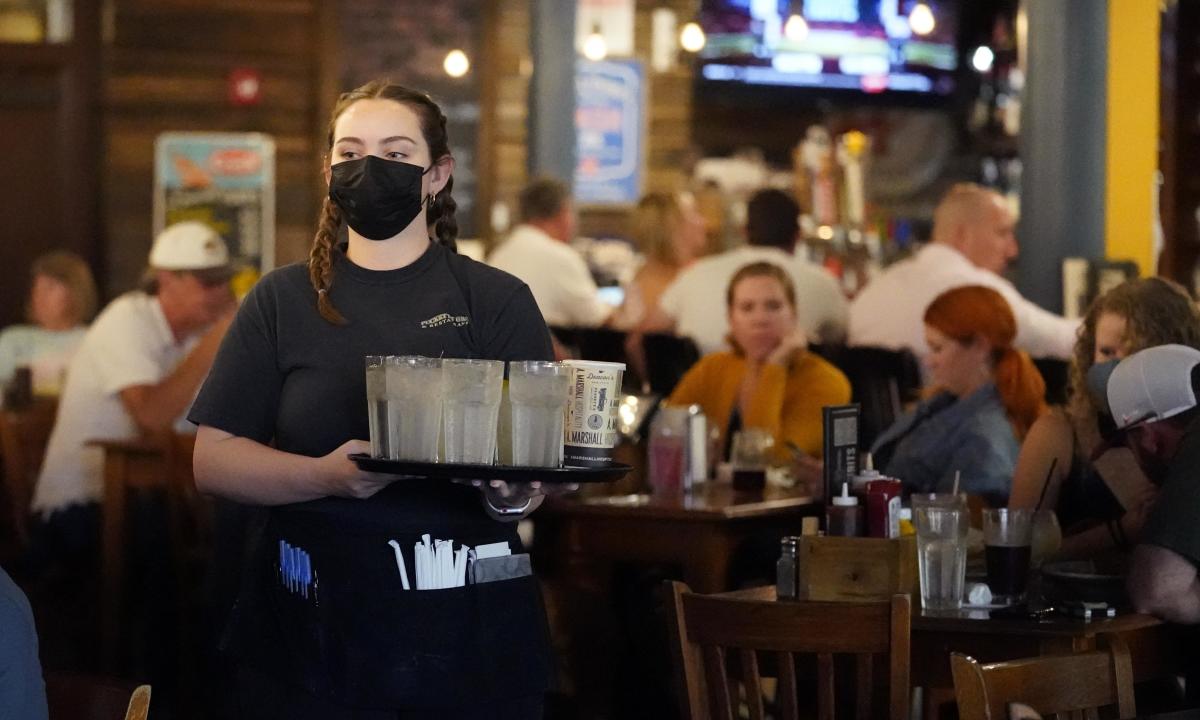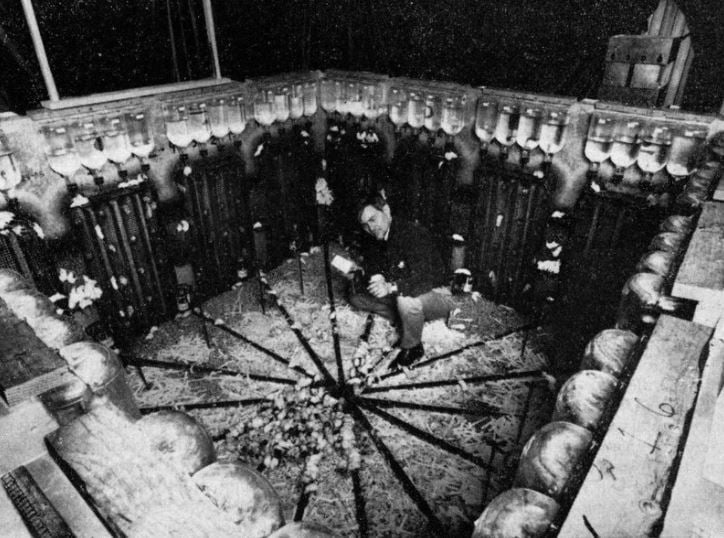The turning point in the "mouse utopia" project—a behavioral research experiment that provided mice all the food and water they needed and ensured no predator could gain access—occurred on Day 315. Some of the aberrations recorded may surprise you.

fee.org
John B. Calhoun’s Mouse Utopia Experiment and Reflections on the Welfare State
Calhoun enclosed four pairs of mice in a 9 x 4.5-foot metal pen complete with water dispensers, tunnels, food bins and nesting boxes. He provided all the food and water they needed and ensured that no predator could gain access. It was a mouse utopia.
Calhoun’s intent was to observe the effects on the mice of population density, but the experiment produced results that went beyond that. “I shall largely speak of mice, but my thoughts are on man,” he would later write in a comprehensive report.
At first, the mice did well. Their numbers doubled every 55 days. But after 600 days, with enough space to accommodate as many as another 1,600 rodents, the population peaked at 2,200 and began to decline precipitously—straight down to the extinction of the entire colony—in spite of their material needs being met with no effort required on the part of any mouse.
The turning point in this mouse utopia, Calhoun observed, occurred on Day 315 when the first signs appeared of a breakdown in social norms and structure. Aberrations included the following: females abandoning their young; males no longer defending their territory; and both sexes becoming more violent and aggressive. Deviant behavior, sexual and social, mounted with each passing day. The last thousand mice to be born tended to avoid stressful activity and focused their attention increasingly on themselves.
Because of the externally provided abundance of water and food, combined with zero threats from any predators, the mice never had to acquire resources on their own. The young mice never observed such actions and never learned them. The life skills necessary for survival faded away. As Kubań notes,
Calhoun himself suggested a parallel to humanity:
By relieving individuals of challenges, which then deprives them of purpose, the welfare state is an utterly unnatural and anti-social contrivance. In the mouse experiment, the individuals ultimately lost interest in the things that perpetuate the species. They self-isolated, over-indulged themselves, or turned to violence.

 finance.yahoo.com
finance.yahoo.com



